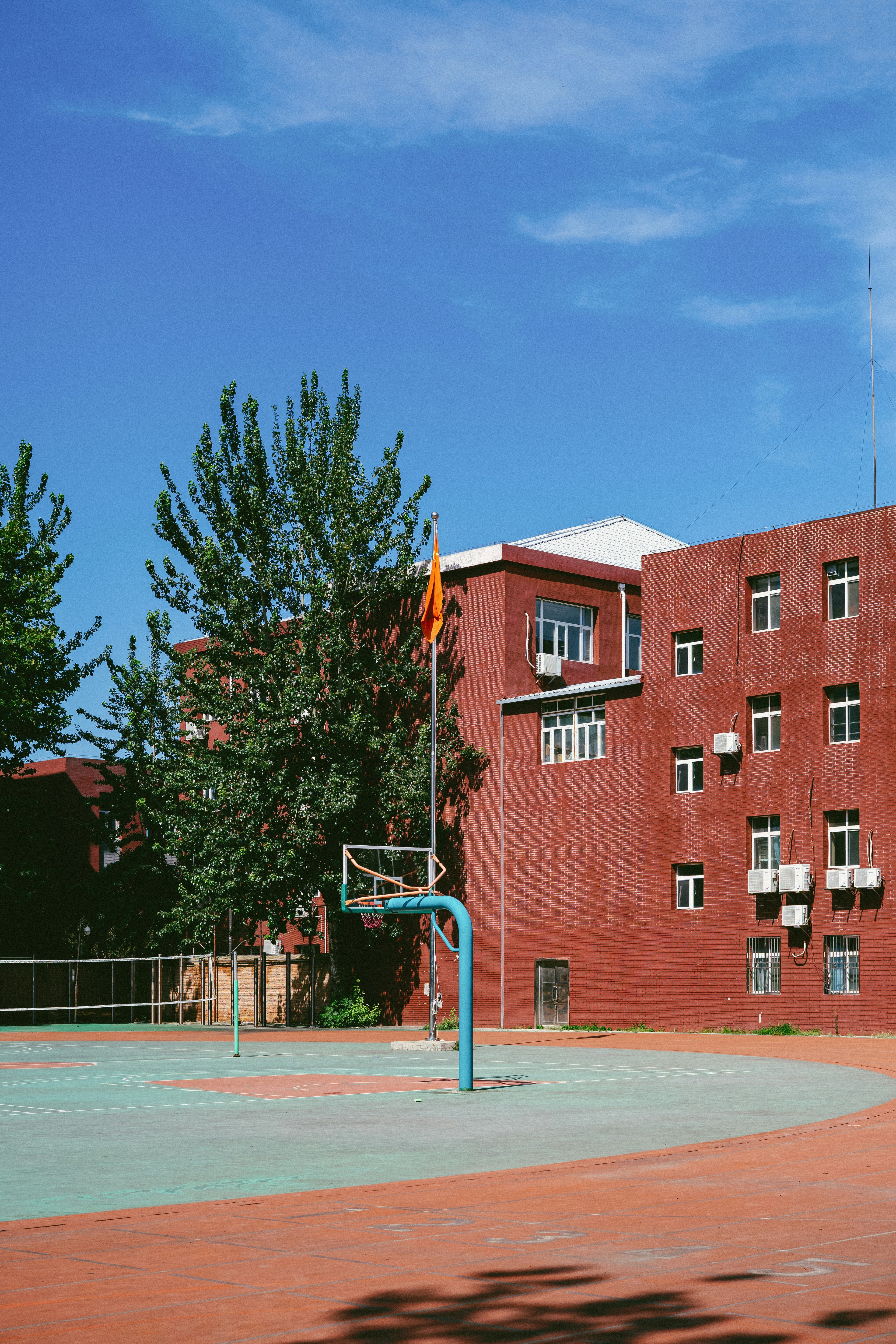On June 12, 2025, in a small but forward-thinking district, the Caverna Board of Education met to weigh one of the most transformative questions facing schools today: how should artificial intelligence be integrated into education? Though far from the tech hubs of Silicon Valley or Cambridge, Caverna’s quiet deliberation represents a rising wave across the country, where communities are taking ownership of how emerging technologies reshape the classroom.
The meeting’s agenda may have looked routine—contracts, program evaluations, curriculum updates—but nestled within was a pivotal discussion on AI. The board sought not just to approve tools, but to determine how these tools could serve students and teachers in a practical, ethical, and sustainable way. Questions at the heart of the debate reflected larger national concerns: How can AI enhance individual learning? What protections must be in place to ensure student data privacy? And how do schools train educators to use AI without sacrificing the personal connections that define good teaching?
Caverna’s approach is notably measured. Rather than adopting flashy platforms wholesale, the district is exploring how AI can be integrated with intent. Early considerations include using AI for personalized learning paths, early intervention in academic struggles, and supporting teachers with grading and content creation. But the emphasis remains on AI as a support mechanism—not a replacement—for human educators.
